WH2 Semester 1 Flashcards
(103 cards)
1
Q
Act of Supremacy
A
- a document in which Enlgand claimed independence from the Holy Roman Emperor
- marked the creation of the Anglican Church or English Church or Church or England
- Executed under Henry VIII
2
Q
Age of Reason
A
- 17th century pgilosophical movements
- beginning of the application of empiricism and reasoning
- philisophical result of the advances of science
3
Q
Agricultural Revolution
A
- change in the production of farmed goods
- Agricultural Revolution of 1050
- a series of technological breakthroughs that allowed Europeans to produce food easier and more efficiently.
- increased food output> larger population> increased trafe> more money in economy
- led to urban revolution
- helped Europe modernize
4
Q
Anabaptists
A
- Part of the radical reformation
- believed in adult-only baptism
- drew support from middle class artisans and lower class men
- especially Zwingli
5
Q
Anglicanism
A
- Church of England
- erected during the Protestant Reformation
- created by Henry VIII
- A political move that allowed England to liberate themselves from the Roman Catholic Church
- a result of his failed annullment with the Roman Catholic Church
6
Q
Antiquity
A
- the ancient past; period before the Middle Ages
- the predominant time period in which Humanist ideas were brought from
- big theme of Humanism is appreciating texts of the antiquity
7
Q
Aristocrats/Nobility
A
- highest class
- held control of florence w/wealth, political councils, trade routes, influence
- Some did mot work for their money but through inheritance and the passage of land (feudal land=power).
- Others got power through market economy
8
Q
Artisans
A
- a worker in a skilled trade
- Primarily composed the minor guilds
9
Q
Peace of Augsburg
A
- treaty between Charles V and the forces of the Schmalkaldic League
- officially ended the religious struggle between the two groups
- made the legal division of Christendom permanent within the Holy Roman Empire.
10
Q
Banking Guild
A
- lent money to many tradesmen and guilds workers to start their own businesses by sharing risks and using the idea of interest,
- unprecedented in any other Renaissance society
- has many core values that stick with the banking industry on today
- gained lots of economical and political power during the Renaissance
11
Q
Baroque Art
A
- characterized by energy, drama, and movement
- special sensitivity to light
- major patrons of religious images
- especially Catholic
12
Q
Bill of Exchange
A
- a letter of credit based on the exchange of currencies
- Measured against each other
- Some would switch to a currency wait for a rise in value and switch back to original currency
13
Q
Bishops
A
- Sat in a given city and had control over a given region
- many priests under him
- Argued by protestants too have too much power/authority
14
Q
Anne Boleyn
A
- Part of the affair with Henry VII
- part of reason for the creation of the Anglican church
- 2nd wife
- killed for suspected adultery with her brother
15
Q
Byzantine Empire
A
- Rival to the Italians and was involved in their Italian trades
16
Q
John Calvin
A
- Founder of Calvinism
- studied law and humanities in University of Paris
- had religious crisis in early adulthood similar to Luther
Calvinism
- Shares great deal with Lutheranism
- sinfulness of human beings
- lack of free will
- justification by faith
- baptism and communion
- but big difference was predestination
17
Q
Catherine of Aragon
A
- Henry VIII’s first wife
- originally Henry’s brother’s wife…
- marriage was anulled
- daughter of holy roman emperor
18
Q
Catholicism
A
- split into the east and western churches with the fall of the Roman Empire
- a belief that became dominant as of the fall of the Roman Empire
19
Q
Christendom
A
- the worldwide body of Christians
- increased in size during the Middle Ages with the fall of the Roman Empire
20
Q
Charles I (England)
A
- Son of James I
- seceded James I following his death
- dissolved Parliament and was weak in financial and administrative affairs
- had to control Church of England and
- tried to control the Parliament
- defeated by Oliver Cromwell and the New Model Army
21
Q
Charles V (Holy Roman Empire)
A
- called for Luther to offer his defense against papal decree at Diet of Worms
22
Q
Clement VII
A
- a Medici Pope
- Rejected King Henry VIII’s request to annul his marriage, also not disgracing his family via Holy Roman Emperor Charles V
23
Q
Nicolaus Copernicus
A
- Wrote De Revolutionibus Orbium Coelestium
- believed in the heliocentric model over the geocentric model
- used observation and empiricism
24
Q
Council of Trent
A
- Part of the Counter Reformation
- document that banned all books involving Luther or heresy
25
Counter Reformation
* name given to the policies introduced by the Roman Catholic Church as its official response to the Protestant Reformation.
* very successful
26
Dark Ages
* 500-800 AD, Europe without a government which resulted in political chaos
* Europe defaulted to a much more disorganized structure that struggled to gain stability
* Catholic CHurch became the prime unifying force
* also became incredibly rich
27
Diet of Worms
* Called by the Holy Roman Emperor
* asked Luther to offer his defense against papal decree at Diet of Worms
* in which Martin Luther argued with a canon on the church, its powers, and its motives
* although Luther used reasoning, the church defaulted on it authority.
28
Duomo

29
Elizabeth I
30
Empiricism
31
English Civil War
32
Erasmus
33
Famine
34
Feudalism
35
Florence
36
Gold Florins
37
Galileo
38
Geocentric Model

39
Giotto
40
Major Guilds
41
Minor Guilds
42
Heavy Plow

43
Heliocentric Model

44
Henry VIII
![]()
45
Henry IV of France
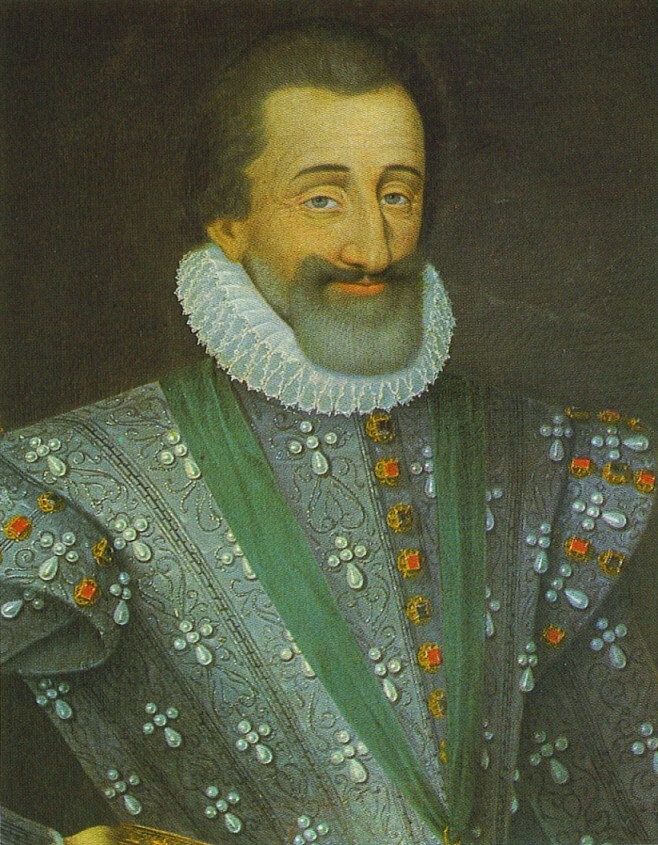
46
Thomas Hobbes
.jpg/220px-Thomas_Hobbes_(portrait).jpg)
47
Holding Company
48
Homage/Fealty
49
Humanism
50
Christian Humanism
51
Hundred Years War
52
Ignatius of Loyola

53
Indulgences
54
James I
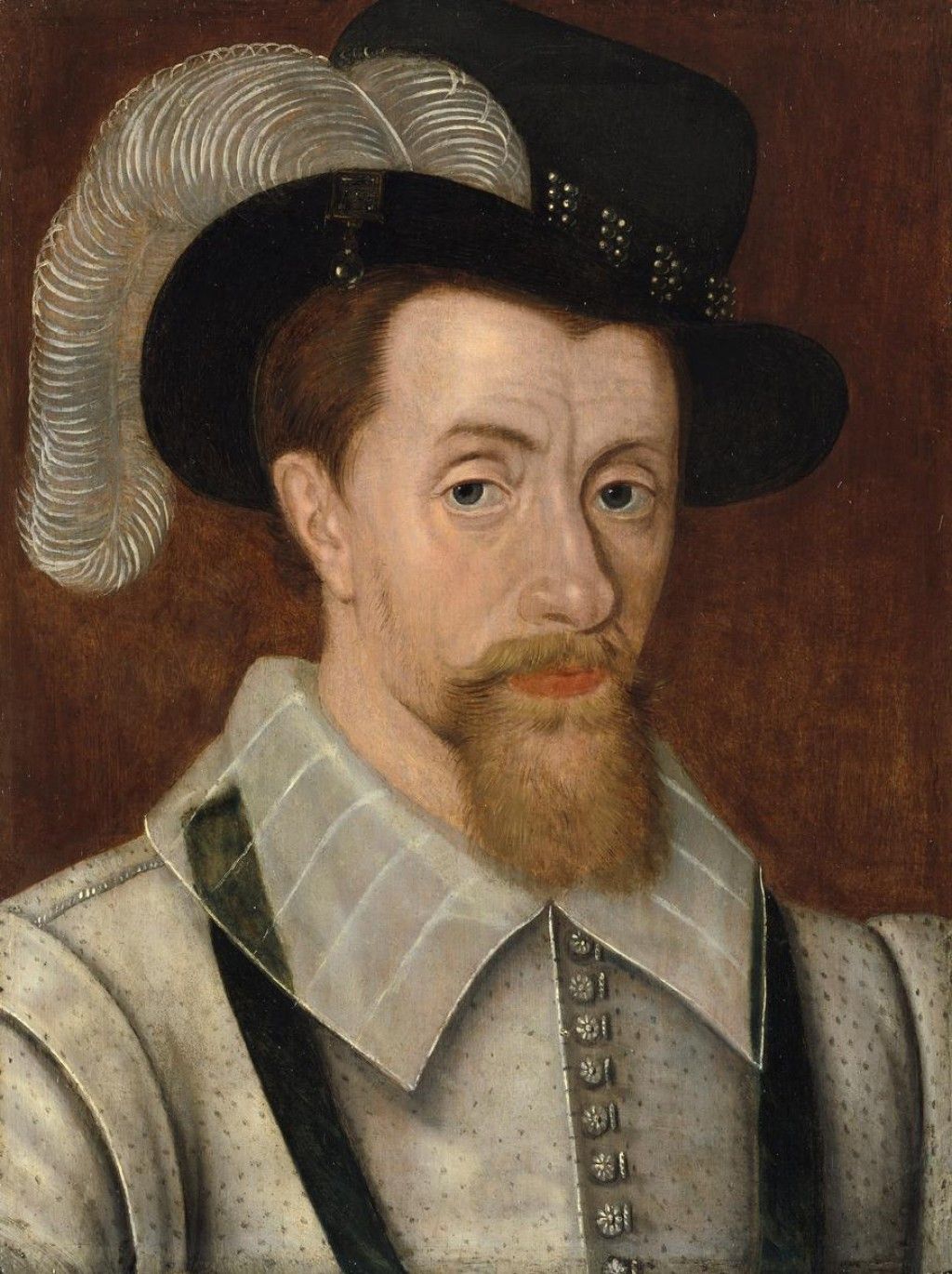
55
Jesuits
56
Knights
57
Leo X
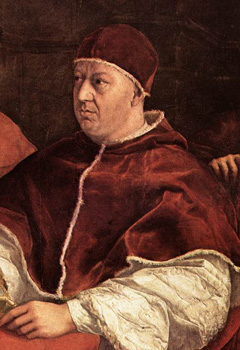
58
Letter of Credit
59
John Locke
![]()
60
Long Parliament
61
Martin Luther

62
Niccolo Machiavelli

63
Mary I
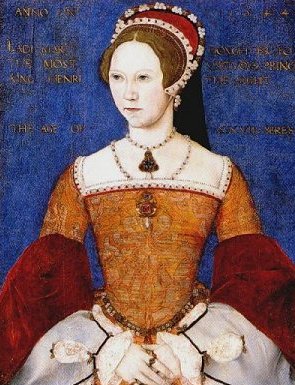
64
Massacio
![]()
65
The Medicis
66
Merchants
67
Michelangelo
68
Miserabili
69
Missionaries
70
Monasticism/Monks
Monks:
* Worshipped, read and did manual labor; read pslams, prayers, etc. for almost all of the day, lived in monasteries
* Men of monasteries
* the church benefited from the work of monks.
Monasticism:
* allowed men and woman (monks and nuns) to withdraw from society and consider their own spirituality in a peaceful manner
* Helped to build the reputation of the church
* served as havens across Europe and to take in wayward travelers, provided food and shelter to those in need, and generally made visitors feel physically and spiritually safe
71
Ninety-Five Theses
72
New Model Army
73
Oliver Cromwell

74
Palazzo del Signori

75
Peasant's Revolt
76
Peasant's/Serfs
77
Petition of Right
78
Petrarch

79
Plague/Black Death
80
Phillip II of Spain
![]()
81
Ponte Vecchio

82
Pope/Papcy
83
Prince Federick

84
Printing Press
85
Protestansim
86
Puritansim
87
Renaissance Man
88
Protestant Reformation
89
Republic
90
Rump Parliament
91
Sacraments
92
Santa Maria Novella
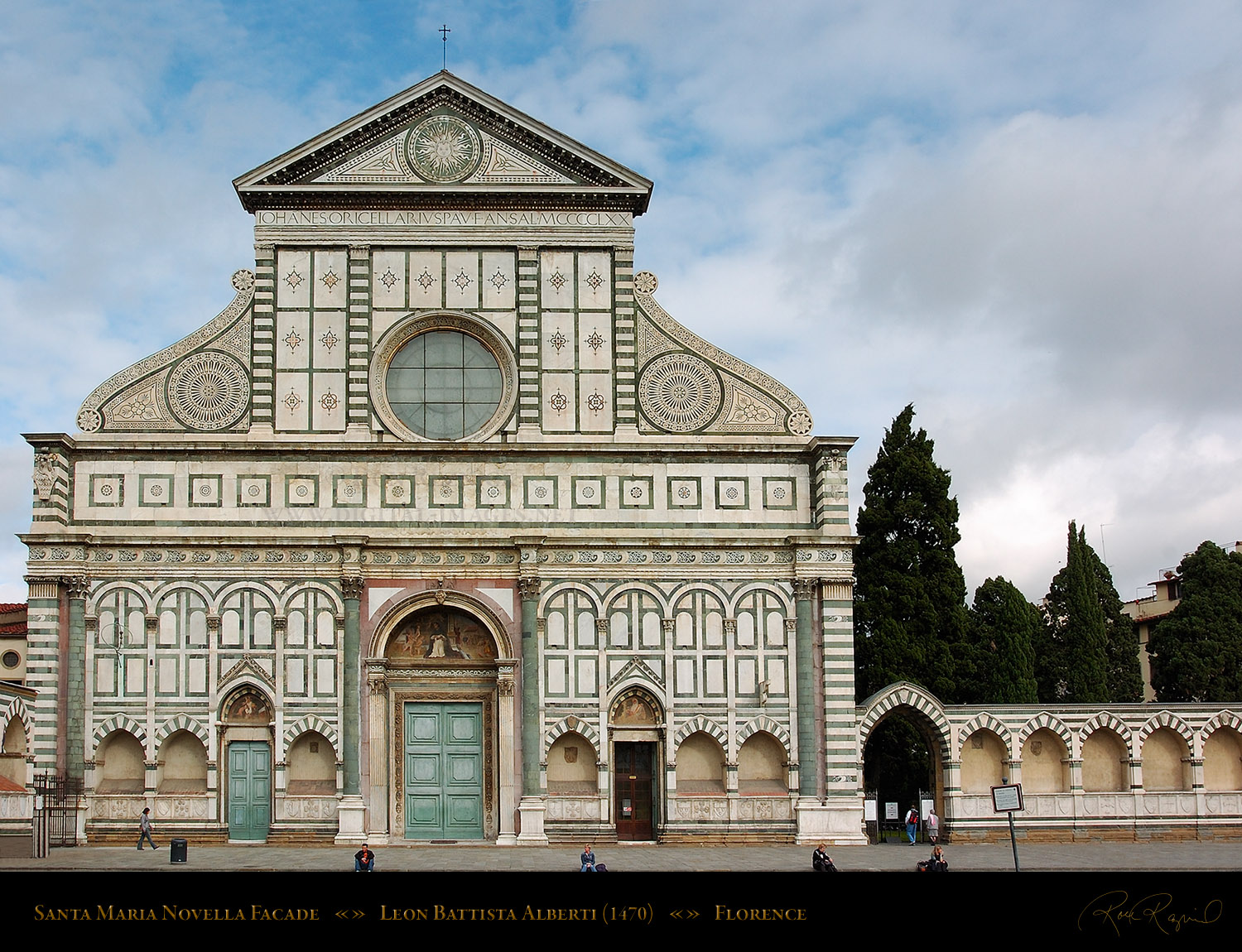
93
Scientific Revolution
94
Signory
95
Social Mobility
96
Spanish Armada
97
Thirty Years War
98
Three-field System
99
Treaty of Westphalia
100
Vassals
101
Wittenberg
102
Wool Guild
103
Ulrich Zwingli



